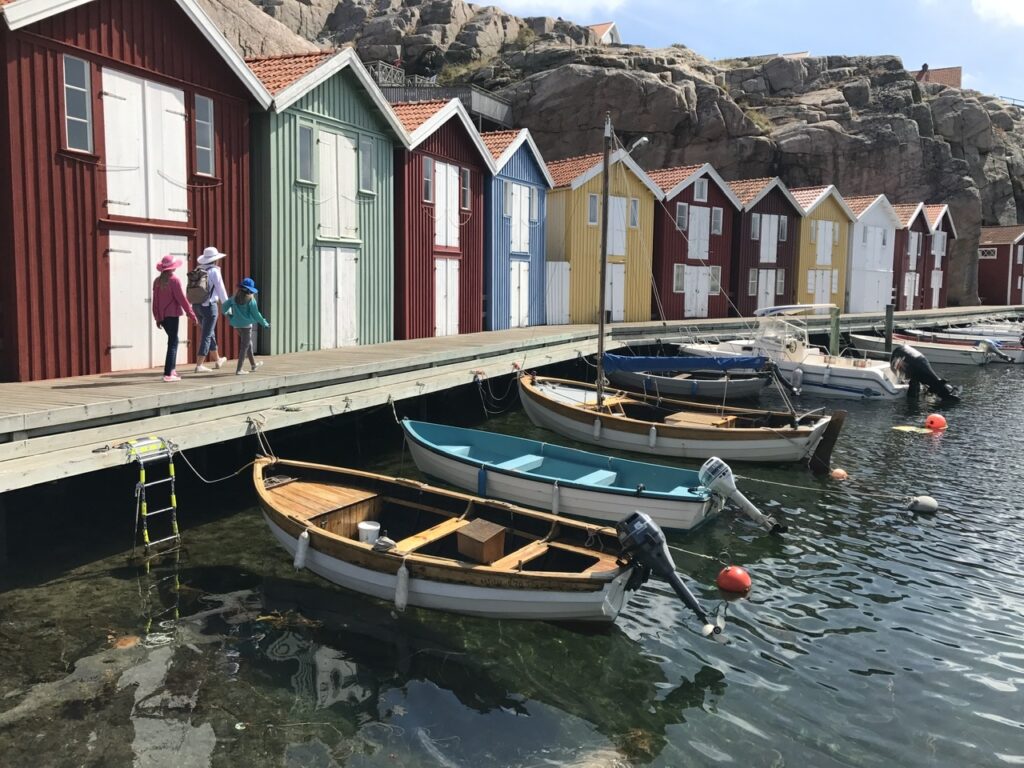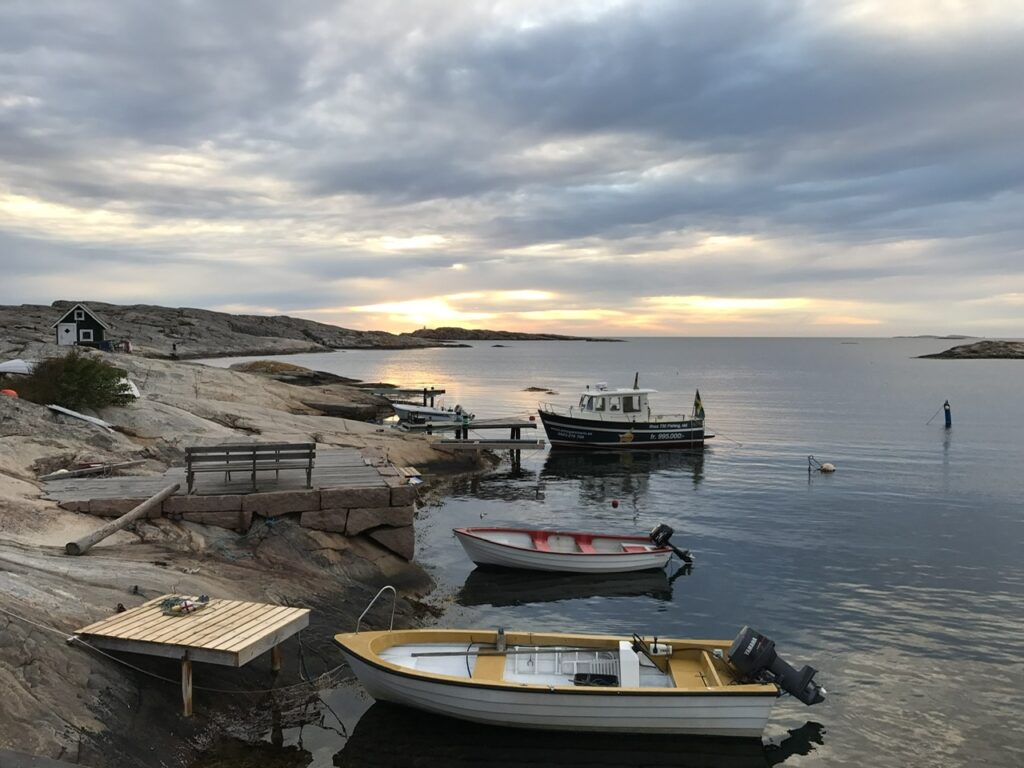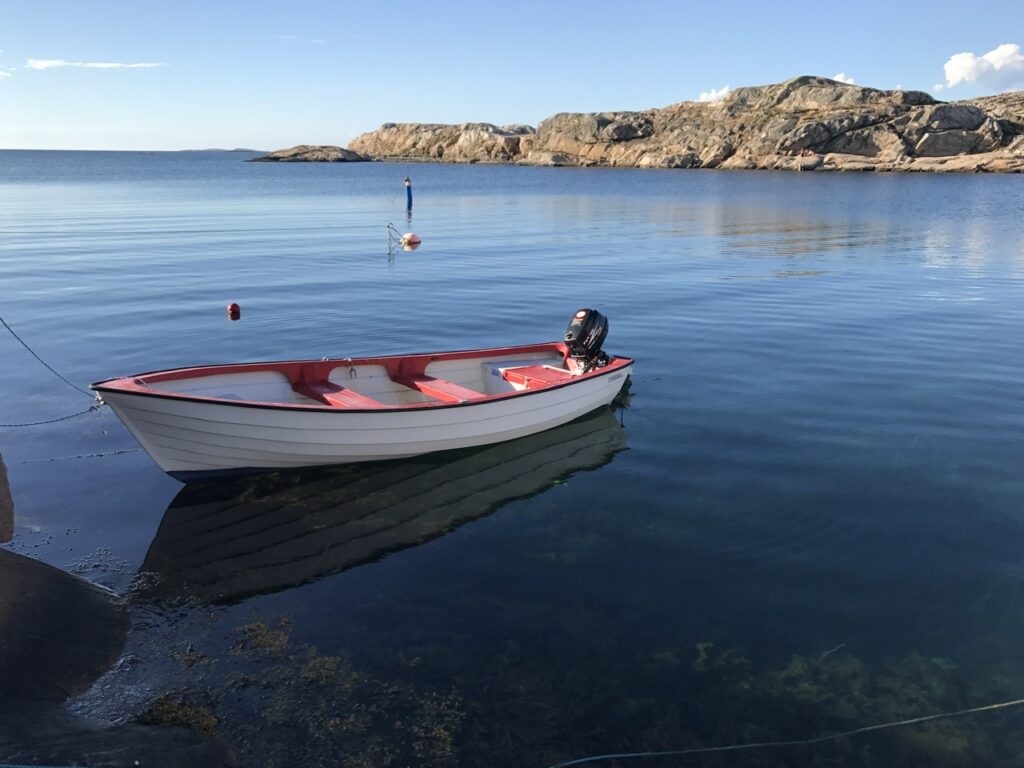The Premise of a Big Goal
We all know that tasks fill the void of time and energy based on the allotment given to them. I also have argued that many of modern society’s ills are caused by the fact that we now have too much truly discretionary time in our lives. That combination presents a powerful death spiral to frenetic mundanity, i.e. the curse of the soccer parent. There is many a day when I seem to have a front seat (admittedly driver side) view of that spiral. But painfully and thankfully, my fellow soccer moms’ insistence that “it’s for the kids, your most important creation, so don’t worry” has limited staying power in my battle against comfortable numbness.
So what are the tricks for getting off the freeway to mediocrity? That could be a long list, and is the topic of many of my posts. But for this week, I have really been thinking about the concept of having a Big Goal (think, like hiking the PCT), with the capitalization being of utmost importance to the concept.
So the questions I’ve been pondering this week are:
- Does having a Big Goal at any given time ensure a more fulfilled life?
- Is it the mere presence of the goal that is necessary? i.e. not the actual chase or completion of the goal
- And then there are all the tactical questions, like: how does one choose a Big Goal? (Most people truly do not know what they would do with the freedom to do anything) How do you make sure you are not just “checking off a bucket list box” in doing the Big Goal? Etc.
It was easy to answer yes for the first questions and then rush into the tactical questions. The mind craves problem-solving and the heart fears problem-defining – and thus the mind will always win.
And put bluntly, I don’t trust the ability to fulfill Thoreau’s Mandate without a goal. Otherwise you are only experiencing what life is giving to you.
Furthermore, I think of Gary MacPherson’s study on predictors of success – with the only attribution with any signification correlation being how they answered the question “How long do you think you will pursue this idea?” That sounds like ground work for a Big Goal to me.

But….
I do have the voice of Ayn Rand whispering to me to always check the veracity of your premises. And so I asked truly – do I need a Big Goal to spur me on in life? Could it be a detriment, or a safety blanket?
When I went through my list of life-exemplars known to me personally, they very often did not lead a life dominated by big goals. Wow. Mind you, these are people I admire for their thoughts and outlook and their engagement into the wonders of the world over their accomplishments, particularly goal driven ones. Exemplars in literature/history, however, are the opposite. But then to make it into literature and history, you must also have accomplishments – so perhaps that is self-weeding.
So the crack in the veneer is set. Big Goals are not a requirement to an awake life – but perhaps fulfilled life is still in play. Is awakeness independent, or is there still some correlation? Or with the verdict still out, you could make a case that needing a Big Goal is a distraction that must be overcome.
So, we are here to explore modicums of thoughts, and so I set my mind to task of pure conjecture. Doing a thought experiment of imagining not having a Big Goal to me leaves me feeling unanchored floating in the wind. I’m motorless, unable to control direction. It is a distinctly uncomfortable feeling, but then, I’ve never tried to optimize my life for comfort – if anything, the opposite.

I refined my visual analogy for life to being a sailboat on a river (Life) with varying current (Flow) – and the challenge is to manage to keep the boat upright (Sanity/Insanity) and not to be swept to sea (Awakeness) but still explore things along the river (Depth). Lastly, the boat has an onboard motor (Passion), available for discretionary use instead of the sail buffeted by winds (Cliffs of Moher).
So stretching the analogy further – Having a Big Goal is like having a map. I can see what interesting places there are, and with a motor could make a beeline to them. Without the map, the motor is useless, because there is no direction I must travel and no guaranteed that I will have more experiences with faster travel.
But it still feels defensive – like I’ve rigged my analogy in a way that does not honor my exemplars. I think the key is in the sail. I chose a sailboat over a motorboat for a reason, but yet my premise argues for treating it as if it were the latter. My exemplars are quintessential sailboat type of men and would never allow an onboard motor to be installed unless only for emergency purposes (In real life, not just in the analogy).
That is about as far as I got this week. Leading a life in which I am resigned to the randomness of the wind to control speed – even though my hand is still on the rudder – is too overwhelming for me. But the crack is made in my psyche to acknowledge that it can still lead to a fulfilling life.
And so while I invoke Thoreau in insisting on a Big Goal, perhaps I should also listen to his dying words: “Now comes good sailing”

One Reply to “The Premise of a Big Goal”